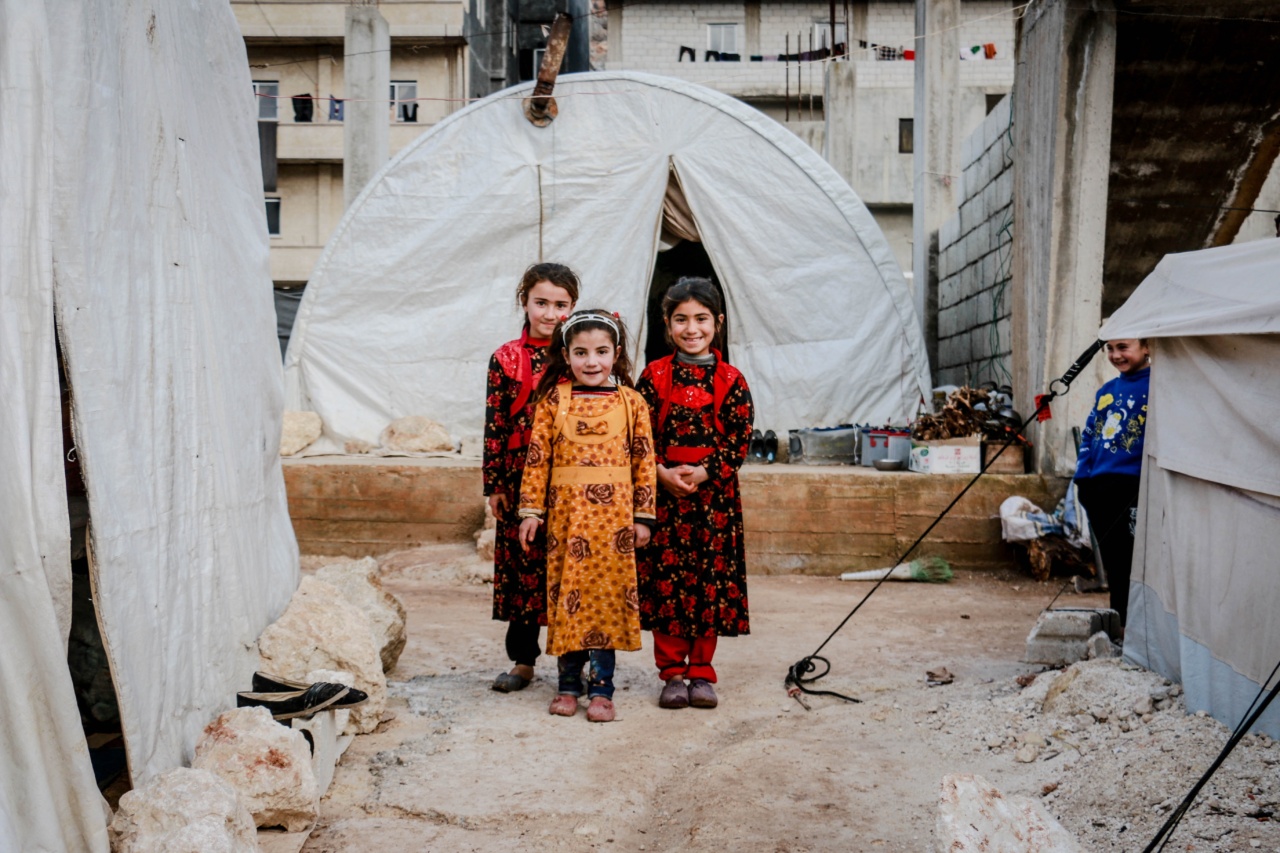As parents, we often get into disagreements and arguments with our spouses or partners. But no matter how heated the discussion may get, it’s important that we remember the impact it can have on our children when we fight in front of them.
Children are sensitive to conflicts, and they can feel scared, confused, and anxious when they see their parents arguing. This can affect their mental health and overall well-being, and it’s up to us to create a peaceful and safe environment for them.
The Impact of Fighting on Children
Children are not equipped to handle conflict in the same way that adults are. They may not understand the reasons behind the argument, and they may feel like they are somehow to blame for the situation.
This can lead to feelings of guilt, shame, and anxiety. Children who witness their parents fighting are also more likely to experience negative emotions such as fear, anger, and sadness. This can affect their behavior and their relationships with others, and it can even impact their academic performance.
Studies have shown that children who witness conflict between their parents are at a higher risk of developing emotional and behavioral problems. They may become more aggressive, defiant, or withdrawn. They may also struggle with anxiety or depression.
In extreme cases, children who witness ongoing conflict in the home may develop post-traumatic stress disorder (PTSD).
The Importance of Setting a Positive Example
As parents, we have a responsibility to model positive behaviors for our children. This includes how we handle conflicts and disagreements.
When we fight in front of our children, we’re teaching them that it’s okay to resolve conflicts in a violent or aggressive manner. We’re also creating an environment that’s stressful and unpredictable, which can be damaging to their mental health.
On the other hand, when we handle conflicts in a calm and respectful manner, we’re showing our children that it’s possible to resolve problems without resorting to violence or yelling.
We’re also creating an environment that’s safe and predictable, which can help our children feel more secure and less anxious. This can improve their mental health and overall well-being.
How to Avoid Fighting in Front of the Kids
Avoiding conflicts altogether may not be possible, but there are steps parents can take to minimize the impact of their disagreements on their children:.
- Take a time-out: When you feel yourself getting angry or frustrated, take a break. Step away from the situation and take a few deep breaths. Go for a walk or listen to some calming music. This can help you cool down and regain perspective.
- Choose the right time and place: When you do need to discuss something important, choose a time and place where you can talk calmly and privately. Wait until your children are asleep or at school, and avoid discussing sensitive topics in public.
- Use “I” statements: Avoid blaming or attacking your partner. Instead, use “I” statements to express your feelings. For example, “I feel hurt when you don’t listen to me” instead of “You never listen to me.”
- Listen: It’s important to listen to your partner’s point of view and try to understand where they’re coming from. This can help you find common ground and come up with a solution that works for both of you.
- Seek help: If you’re struggling to resolve conflicts on your own, it may be helpful to seek outside help. Consider talking to a therapist or joining a support group for couples.
The Bottom Line
Fighting in front of the kids can have a lasting impact on their mental health and overall well-being. As parents, it’s up to us to create a safe and peaceful environment for our children.
This means handling conflicts in a calm and respectful manner, and modeling positive behaviors for our children. By taking steps to avoid fighting in front of our children, we can help them feel more secure and less anxious, and set them up for a successful future.






























